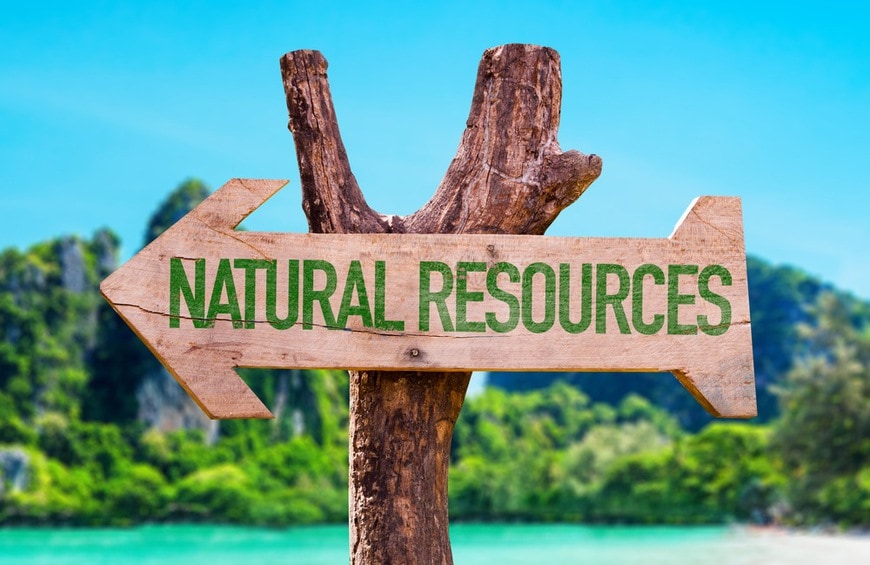Natural resources are the materials and substances found in the environment that are useful to humans.
Natural resources play a vital role in our daily lives and the functioning of our world. They provide us with energy sources, raw materials, and food, all of which are necessary for our survival and well-being.
From forests to fuel, natural resources play a critical role in our lives and must be managed and used responsibly.
What are the types of Natural Resources?
There are two main types of natural resources:
- Renewable resources are replenished over time and include things like water, wind, and solar energy.
- Non-renewable resources are finite and include minerals, oil, and natural gas.
What are some examples of Renewable Energy sources?
Solar Energy: Solar energy is a clean and abundant source of energy that can be harnessed through the use of solar panels.
Wind Energy: Wind energy is harnessed through the use of wind turbines, which convert the kinetic energy of the wind into electrical energy.
Water: Water is a precious resource that is essential for life. It is used for drinking, irrigation, and industrial processes.
Forest Resources: Forests provide us with many resources, including timber, paper, and non-timber forest products like fruits, spices, and medicinal plants.
What are some examples of Non-Renewable energy sources?
Minerals: Minerals are naturally occurring substances that are used in many industries, including construction, electronics, and transportation.
Oil: Oil is a fossil fuel that is used as a source of energy and as a raw material in the production of chemicals and plastics.
Natural Gas: Natural gas is another fossil fuel that is used for heating, cooking, and generating electricity.
The use of natural resources has helped us to meet our basic needs, but it has also led to environmental degradation and resource depletion.
- Energy Generation
One of the primary uses of natural resources is energy generation. Oil, natural gas, and coal are the primary sources of energy in many countries, but renewable resources like solar and wind are becoming increasingly popular as a cleaner alternative.
- Manufacturing
Manufacturing industries rely on natural resources as raw materials for their products. Minerals like iron, copper, and aluminum are used in the production of vehicles, electronics, and construction materials.
- Forests and Timber Production
Forests play a critical role in maintaining the balance of the world's ecosystems and are a source of many valuable resources. Timber, for example, is an essential building material that has been used for centuries and continues to be in high demand.
One of the biggest challenges facing forests today is deforestation, which is the conversion of forested land to non-forested land for agricultural, urban, or other uses.
This can have serious consequences for the environment, including soil erosion, loss of biodiversity, and increased greenhouse gas emissions.
To mitigate the impacts of deforestation, many countries have implemented policies to promote sustainable forest management and to incentivize reforestation and afforestation efforts.
In conclusion, natural resources play a critical role in the functioning of modern society and are essential to our continued progress and well-being.
The extraction and use of these resources, however, can have serious environmental impacts, and it's important that we take steps to ensure that they are managed in a sustainable and responsible manner. This includes the implementation of regulations, the use of more environmentally-friendly production methods, and the promotion of sustainable resource use.
By working together, we can ensure that our natural resources are used








.png)

